Home>Home Maintenance>How Much Does A Home Inspection Cost In Washington State
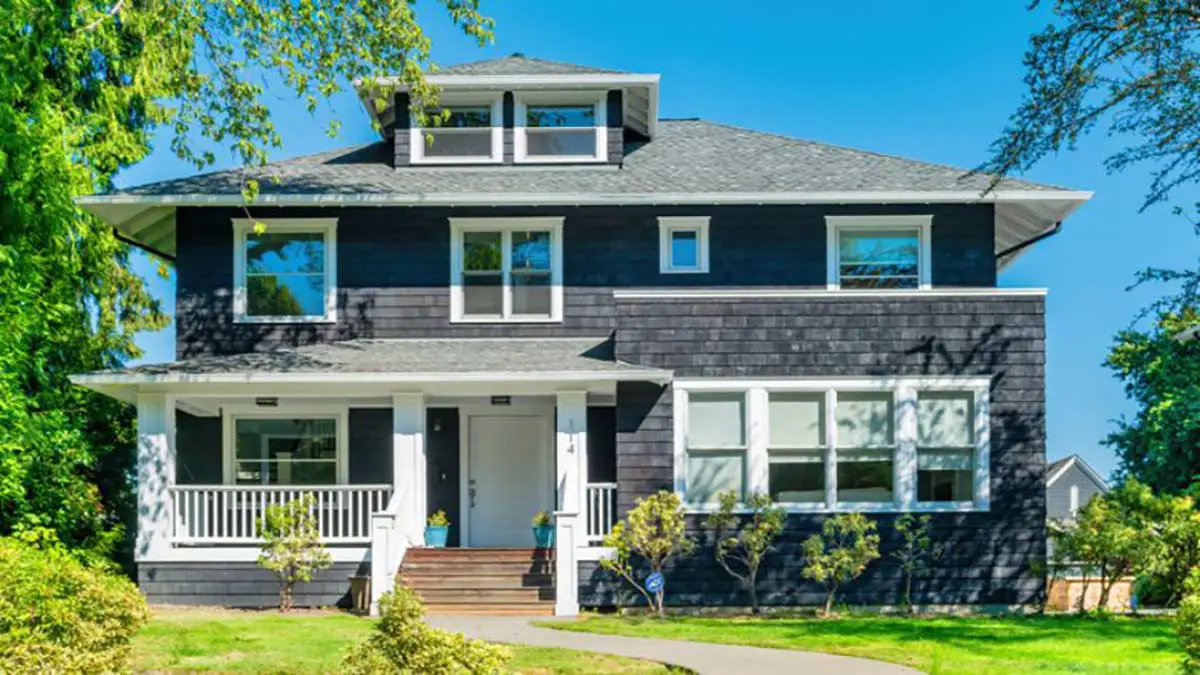

Home Maintenance
How Much Does A Home Inspection Cost In Washington State
Modified: March 24, 2024
Find out how much a home inspection costs in Washington State and get expert insights on home maintenance.
(Many of the links in this article redirect to a specific reviewed product. Your purchase of these products through affiliate links helps to generate commission for Storables.com, at no extra cost. Learn more)
Introduction
Buying a home is a significant investment, and ensuring its structural integrity and safety is crucial. That’s where a home inspection comes in. A home inspection is a comprehensive examination of a property’s condition and components, conducted by a qualified professional. It helps identify any existing or potential issues, allowing potential homeowners to make informed decisions before finalizing their purchase.
One of the common concerns when it comes to home inspections is the cost. Home inspection costs can vary depending on various factors, such as the size and location of the property, as well as the level of inspection required. In this article, we will delve into the factors that can affect the cost of home inspections in Washington State and provide average cost estimates to give you a better understanding of what to expect.
Note: While this article focuses on home inspection costs in Washington State, it is essential to research and consider local rates and regulations specific to your area.
Key Takeaways:
- Home inspection costs in Washington State range from $300 to $600, depending on property size and type of inspection. It’s crucial to prioritize quality over cost when choosing a home inspector.
- Factors such as property size, age, and location influence home inspection costs. To save money, consider bundling services and being present during the inspection for a thorough evaluation.
Factors Affecting the Cost of Home Inspections
Several factors can influence the cost of a home inspection. Understanding these factors will help you comprehend why prices can vary and allow you to budget accordingly. Here are some key factors:
- Size of the Property: The size of the property is often a significant factor in the cost of a home inspection. Larger properties typically require more time and effort to inspect thoroughly, resulting in higher inspection fees.
- Age of the Property: Older homes tend to have more wear and tear, potential issues, and outdated systems. Inspecting an older property may require additional time and expertise, driving the cost up.
- Location: Home inspection costs can also vary depending on the location of the property. Factors such as the cost of living and local market conditions can impact the prices charged by home inspectors.
- Type of Inspection: There are different types of home inspections, each with its specific focus. A standard inspection examines the overall condition of the property, while specialized inspections may cover areas such as pest control, radon testing, or mold detection. Additional inspections will incur extra costs.
- Accessibility: The accessibility of certain areas in the property can also affect the cost of the inspection. If certain areas are difficult to reach or require special equipment, the inspector may need more time and resources, leading to higher fees.
- Additional Services: Some home inspection companies offer additional services beyond the standard inspection. These may include thermal imaging, energy audits, or sewer line inspections. These supplemental services can increase the overall cost of the inspection.
- Experience and Qualifications of the Inspector: The experience and qualifications of the home inspector can influence the cost. Highly experienced and certified inspectors may charge higher fees for their expertise and reputation.
Keep in mind that while it may be tempting to opt for the cheapest home inspection service, it is crucial to prioritize quality and professionalism when choosing a home inspector. Hiring a reputable and knowledgeable inspector can save you money in the long run by uncovering potential issues before they become major problems.
Average Costs of Home Inspections in Washington State
The average cost of a home inspection in Washington State typically ranges from $300 to $600, depending on the factors mentioned earlier. This range is a general estimate and can vary based on your specific requirements and the size and condition of the property.
Standard Home Inspection: A standard home inspection includes a thorough examination of the property’s major systems, such as the electrical and plumbing systems, HVAC (Heating, Ventilation, and Air Conditioning) system, roof, foundation, and more. The average cost for a standard home inspection in Washington State is typically around $350 to $500.
Specialized Inspections: If you require additional specialized inspections, such as pest inspections, radon testing, or mold detection, you can expect to pay extra. The cost for these specialized inspections can range from $100 to $200 per inspection, depending on the complexity and scope of the service.
Larger Properties: Larger properties, such as multi-story houses or properties with extensive square footage, may command higher fees due to the additional time and effort required to inspect the entire property thoroughly.
Condos and Townhouses: Condos and townhouses generally have a smaller footprint compared to single-family homes. Consequently, the cost of a home inspection for these types of properties may be slightly lower, ranging from $250 to $400.
Please note that these price ranges are estimates, and it is always recommended to obtain multiple quotes from reputable home inspection companies in your local area. This will help you compare prices and services offered to make an informed decision.
Remember that the cost of a home inspection is an investment in your future. It provides valuable insight into the condition of the property and can potentially help you negotiate repairs or adjustments in the purchase price. It is best not to base your decision solely on the cost but also on the reputation, experience, and qualifications of the home inspection company.
Additional Costs to Consider
While the cost of the home inspection itself is an important consideration, there are additional costs that you should factor into your budget. These costs can vary depending on the specific circumstances of the property and your individual needs. Here are some additional costs to consider:
- Specialized Inspections: As mentioned earlier, specialized inspections such as pest inspections, radon testing, or mold detection may incur additional fees. These inspections are often necessary for specific situations or if there are particular concerns about the property’s condition.
- Repair Costs: Home inspections may uncover issues or repairs that need to be addressed. It’s crucial to budget for potential repair costs, especially if the inspection reveals significant problems that may affect the property’s value or safety. Obtaining cost estimates for any necessary repairs will give you a clearer picture of the overall financial implications of the inspection.
- Follow-up Inspections: In some cases, a home inspector may recommend follow-up inspections by specialists or contractors for further evaluation of specific issues. These follow-up inspections can contribute to the overall costs associated with the property inspection process.
- Additional Services: Some home inspection companies offer additional services beyond the standard inspection. Examples include sewer line inspections, pool and spa inspections, or termite inspections. If you require any of these services, be prepared to budget for their costs accordingly.
- Reinspection Fee: In certain situations, especially when sellers have agreed to make repairs or adjustments based on the initial inspection, a reinspection may be required to verify that the necessary work has been completed. Some home inspectors may charge a reinspection fee for this service.
- Travel Expenses: If the property is located in a remote area or outside the home inspector’s regular service area, additional travel expenses may apply. These expenses can include mileage fees or accommodation costs, depending on the distance and accessibility of the property.
It’s essential to account for these potential additional costs when budgeting for a home inspection. While the exact amount will vary depending on your circumstances, having a comprehensive understanding of the potential expenses will help you plan and make informed financial decisions.
Remember, the goal of a home inspection is to protect your investment and ensure the property’s condition, so it’s crucial not to cut corners or skip necessary inspections and repairs to save costs in the short term. Prioritizing the thorough evaluation of the property will help prevent future issues and ensure your peace of mind as a homeowner.
When budgeting for a home inspection in Washington State, expect to pay an average of $400 to $600. Prices may vary based on the size and age of the home, as well as the inspector’s experience and qualifications. Be sure to get quotes from multiple inspectors to find the best value.
Ways to Save Money on Home Inspections
While a home inspection is an essential step in the home-buying process, it doesn’t mean you have to break the bank. Here are some tips to help you save money on your home inspection:
- Shop around: Don’t settle for the first home inspection company you come across. Take the time to research and compare prices from multiple reputable inspectors. However, keep in mind that the cheapest option may not always provide the best quality inspection.
- Bundle services: If you require additional specialized inspections, consider bundling them with the standard home inspection. Many home inspection companies offer package deals or discounted rates for multiple services, potentially saving you money in the long run.
- Focus on the essentials: Prioritize the areas that matter most to you and your potential investment. Discuss with your inspector which components of the property should be examined in detail and which ones can be given less priority. This way, you can customize the inspection based on your specific needs and potentially reduce costs.
- Consider a pre-listing inspection: If you are selling your home, you may consider getting a pre-listing inspection before putting it on the market. This can help you identify any potential issues beforehand, giving you the opportunity to address them before buyers’ inspections. Fixing these issues in advance can save you money and prevent potential negotiations during the buyer’s inspection process.
- Ask for referrals: Seek recommendations from friends, family, or your real estate agent. They may have worked with reputable and affordable home inspectors in the past. Personal referrals can provide insights into the inspector’s reliability, thoroughness, and overall value for money.
- Be present during the inspection: Attending the home inspection allows you to communicate directly with the inspector, ask questions, and gain a better understanding of the property’s condition. It can also give you the opportunity to learn about any issues firsthand, potentially reducing the need for additional inspections or follow-up visits, thus saving money in the process.
- Don’t compromise on quality: While it’s essential to consider cost-saving measures, don’t sacrifice quality for a lower price. Hiring a qualified and experienced home inspector is crucial to ensure a thorough and accurate assessment of the property. A comprehensive inspection can help you avoid costly surprises down the line and make a more informed decision on your home purchase.
Remember, the goal is to strike a balance between finding an affordable home inspection and receiving a professional, comprehensive evaluation of the property’s condition. By utilizing these money-saving strategies, you can minimize costs without compromising the quality of the inspection process.
Read more: How Much Does Sunroof Repair Cost
Importance of Hiring a Qualified Home Inspector
When it comes to a home inspection, hiring a qualified and experienced professional is of utmost importance. Here are some reasons why it is crucial to entrust this task to a qualified home inspector:
- Expertise and Experience: A qualified home inspector has the necessary expertise and experience to thoroughly evaluate the condition of a property. They are trained to identify potential issues, safety concerns, and code violations. Their knowledge and experience help ensure that no stone is left unturned during the inspection process.
- Detecting Hidden Issues: Home inspectors are skilled at uncovering hidden problems that may not be apparent to the untrained eye. They know where to look and what signs to watch out for, such as foundation issues, plumbing leaks, or electrical problems. By identifying these issues early on, you can make informed decisions about the property and potentially negotiate repairs or price adjustments with the seller.
- Objectivity: A qualified home inspector provides an unbiased assessment of the property. They are not emotionally attached to the property and can provide an objective evaluation of its condition. This objectivity is crucial, especially when potential buyers may overlook or downplay certain issues due to their excitement in the home-buying process.
- Compliance with Standards: A qualified home inspector adheres to industry standards and guidelines in conducting the inspection. They follow a systematic approach, examining each component of the property and documenting their findings accurately. This ensures that the inspection meets the highest standards of professionalism and integrity.
- Peace of Mind: By hiring a qualified home inspector, you can have peace of mind knowing that the property has been thoroughly assessed by a professional. This knowledge allows you to make an informed decision about the purchase, knowing that any existing issues have been uncovered and addressed or accounted for.
- Prevention of Costly Surprises: A comprehensive home inspection can save you from potentially costly surprises and significant repair expenses down the line. By identifying issues during the inspection, you can factor in repair costs or negotiate repairs with the seller before finalizing the purchase. This proactive approach can potentially save you thousands of dollars in the long run.
Ultimately, hiring a qualified home inspector is an investment in your home-buying process. It provides you with valuable information about the property’s condition, allowing you to make an educated decision and protect your investment. Take the time to research and choose a reputable and licensed home inspector who has a track record of thoroughness and professionalism.
Remember, a qualified home inspector is your ally in ensuring that your dream home is safe, structurally sound, and free from any hidden issues that could cause headaches and financial burdens in the future.
Conclusion
A home inspection is an essential step in the home-buying process, providing valuable insights into the condition of the property and potential issues that may need attention. While the cost of a home inspection may vary based on factors such as property size, location, and additional services required, it is crucial to prioritize quality and professionalism when choosing a home inspector.
As we explored in this article, factors such as the size of the property, age, location, and type of inspection can influence the cost of home inspections in Washington State. Understanding these factors and obtaining multiple quotes from reputable home inspection companies will help you make an informed decision.
In addition to the cost of the inspection itself, it is important to factor in potential additional costs such as specialized inspections, repair costs, and follow-up inspections. Planning for these expenses will help you budget appropriately and avoid any financial surprises.
Remember, there are ways to save money on home inspections without compromising on quality. By shopping around, bundling services, prioritizing essential areas, and being present during the inspection, you can find a balance between affordability and a thorough evaluation of the property.
Above all, hiring a qualified home inspector is of utmost importance. Their expertise, experience, objectivity, and adherence to industry standards ensure a comprehensive evaluation of the property. Their inspection can unveil hidden issues, provide peace of mind, and potentially save you from costly surprises in the future.
So, when it comes to your home-buying journey, remember the significance of a home inspection. It is an investment in the protection of your investment, allowing you to make informed decisions, negotiate repairs, and ensure the safety and integrity of your future home.
Take the time to research and choose a qualified home inspector who puts your best interests first. With their help, you can embark on your home ownership journey with confidence and peace of mind.
Frequently Asked Questions about How Much Does A Home Inspection Cost In Washington State
Was this page helpful?
At Storables.com, we guarantee accurate and reliable information. Our content, validated by Expert Board Contributors, is crafted following stringent Editorial Policies. We're committed to providing you with well-researched, expert-backed insights for all your informational needs.

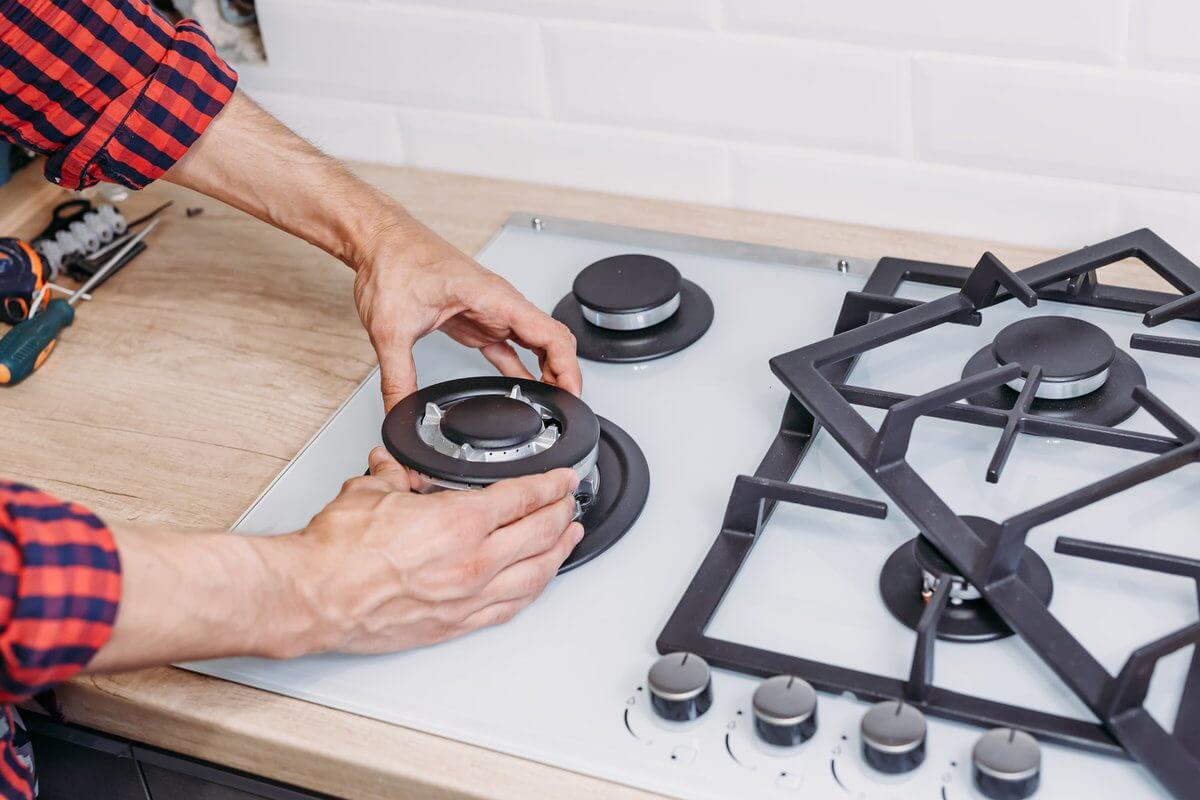
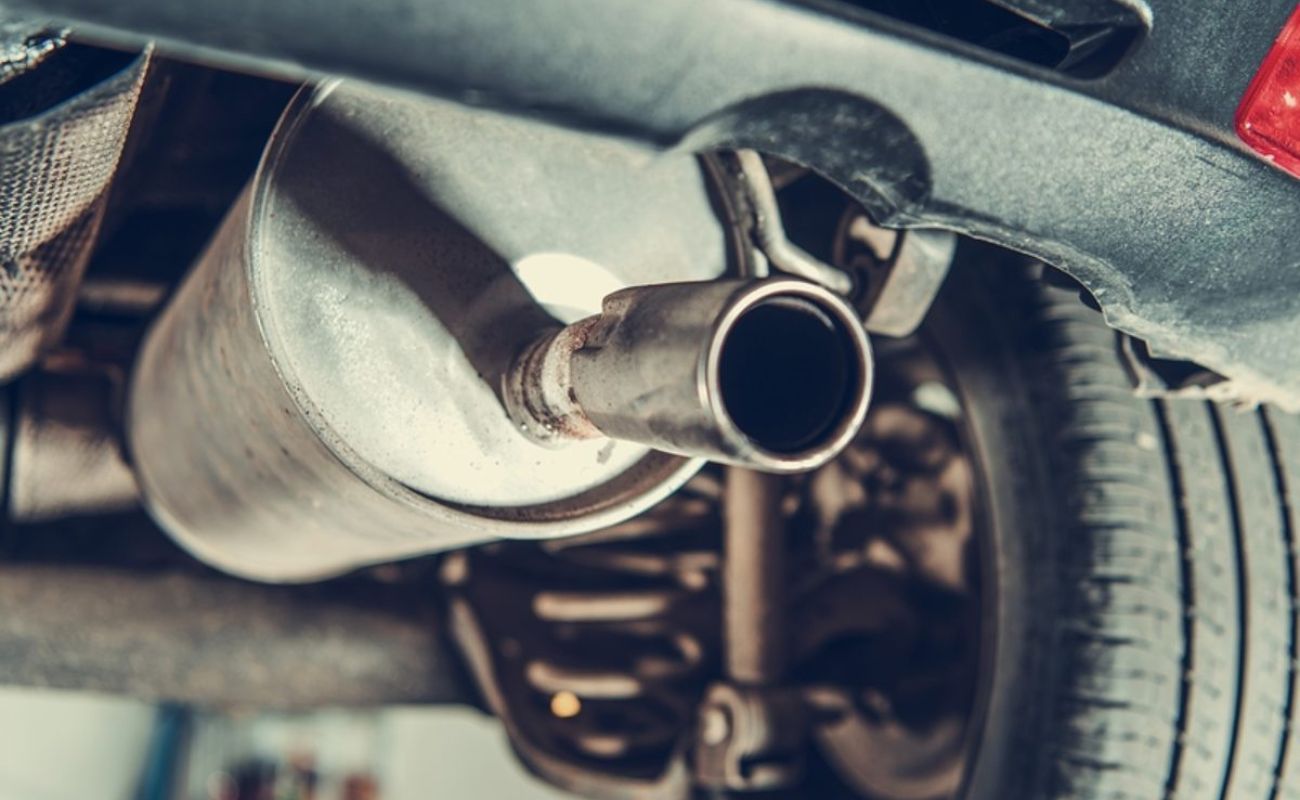
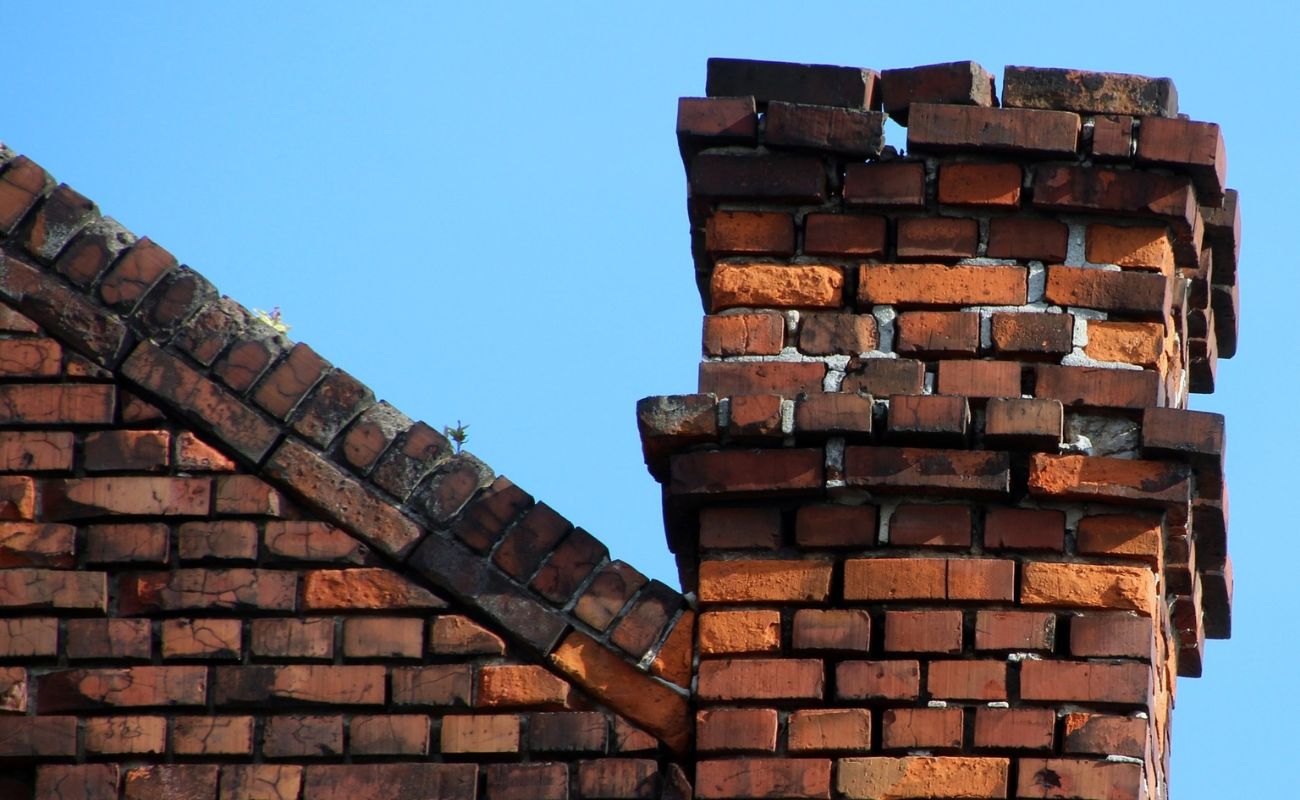
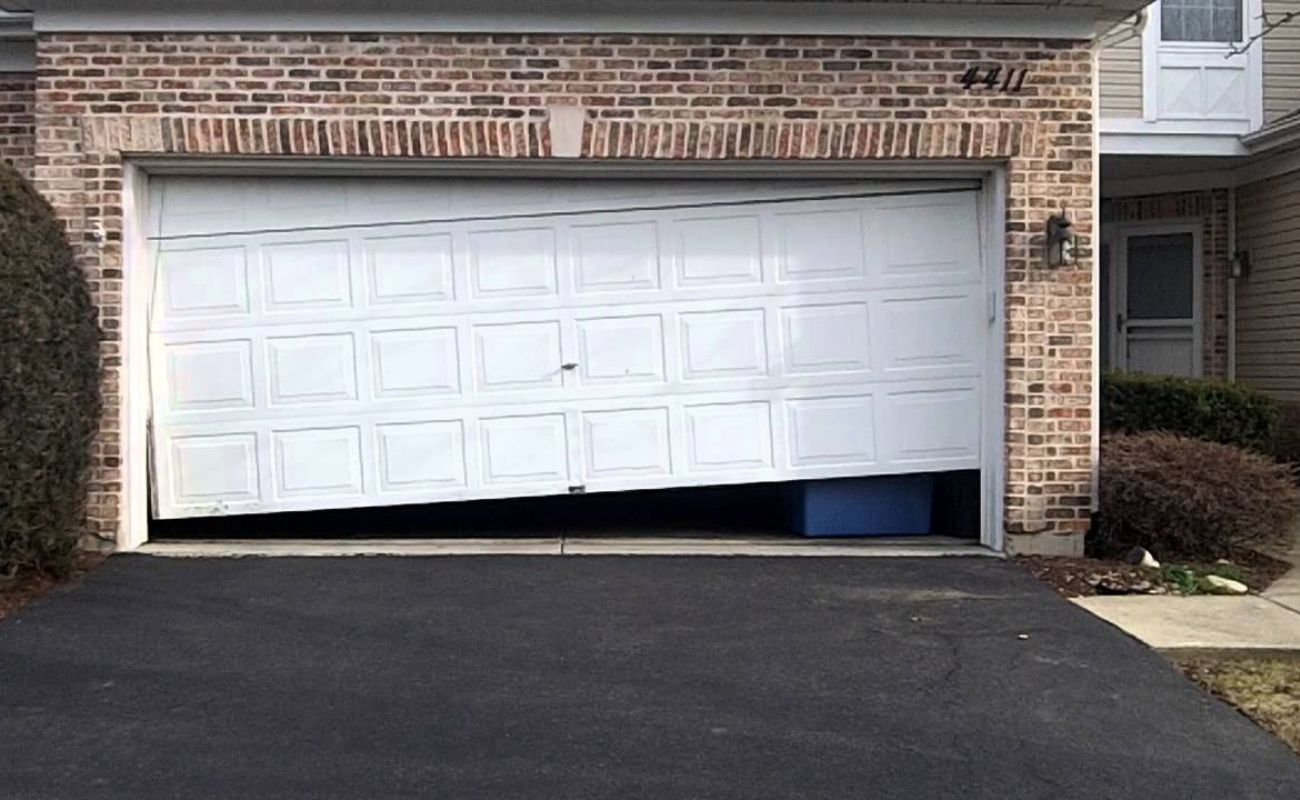
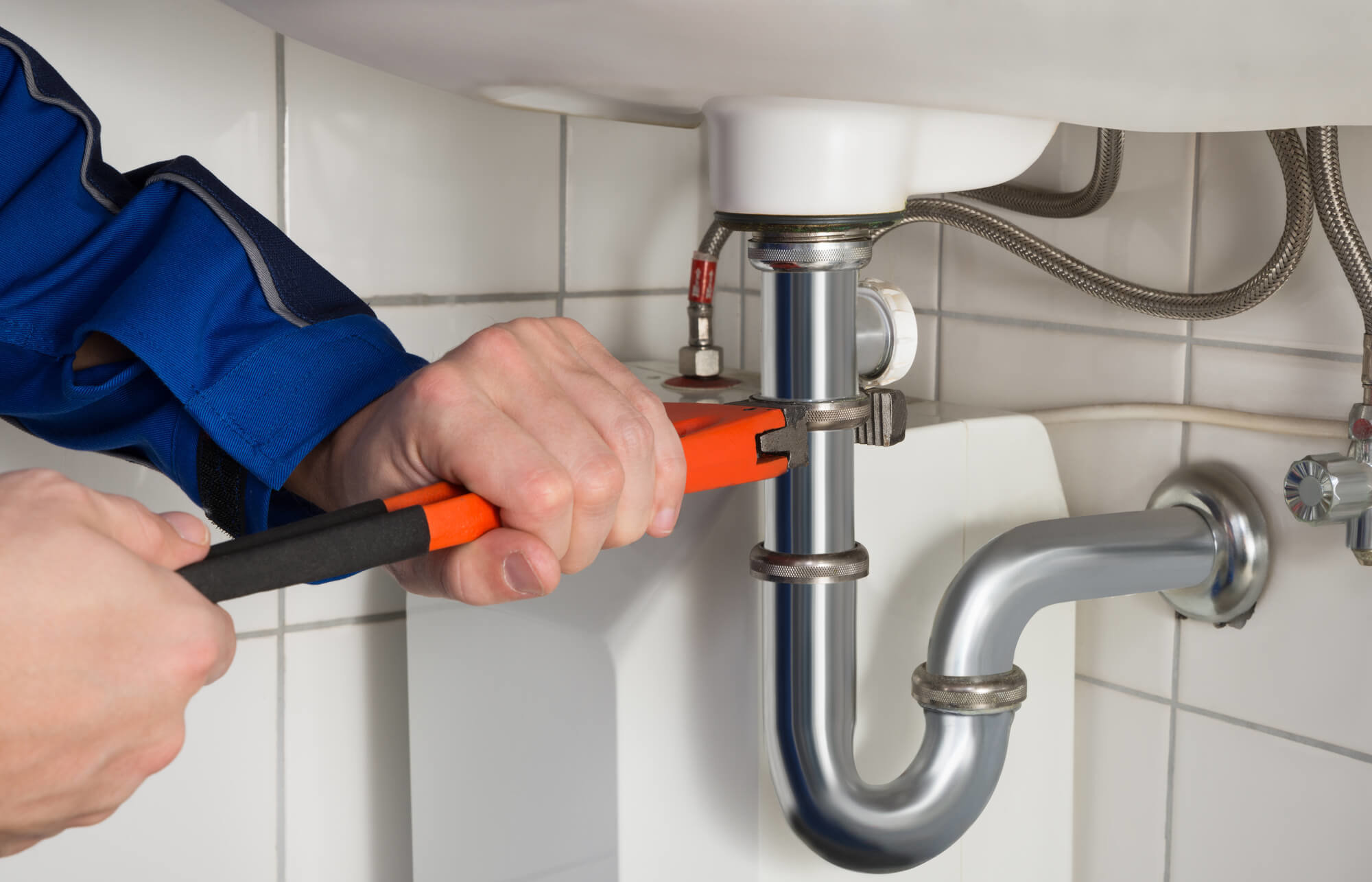
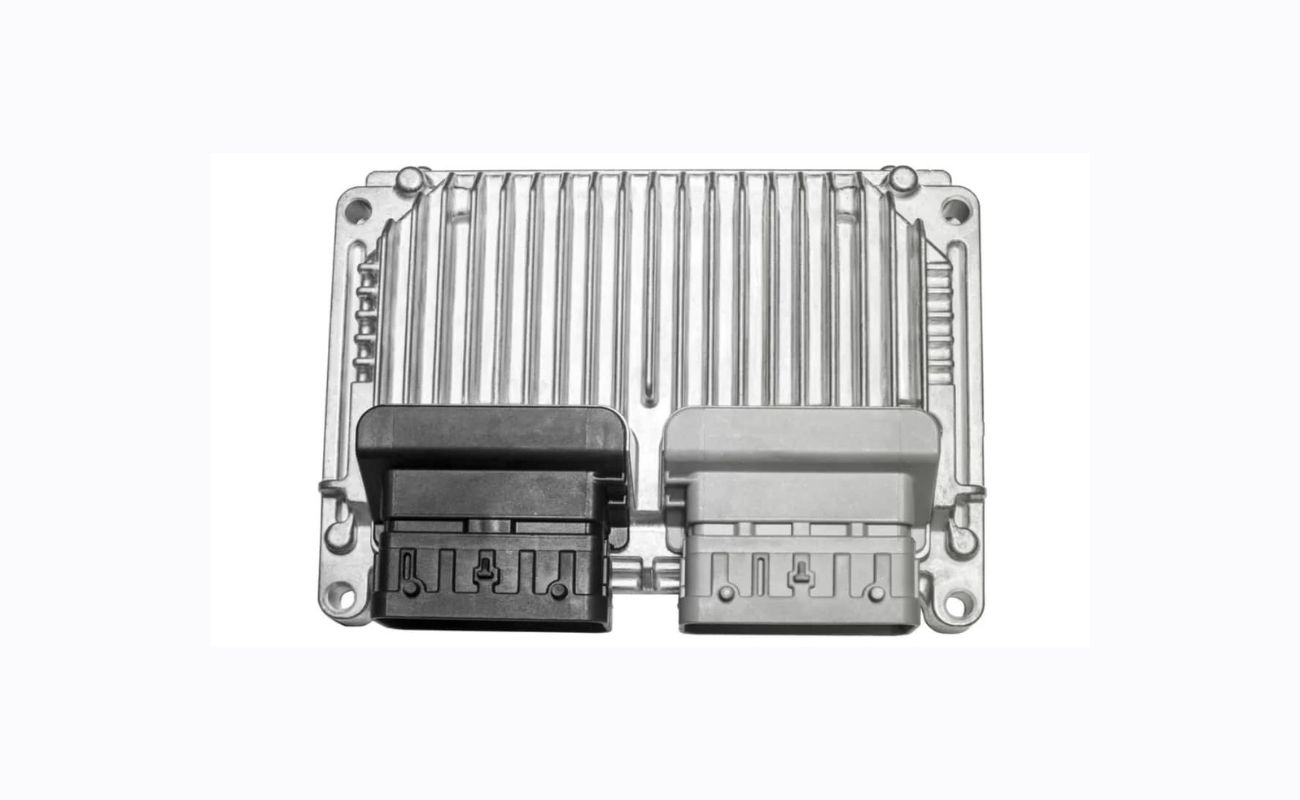

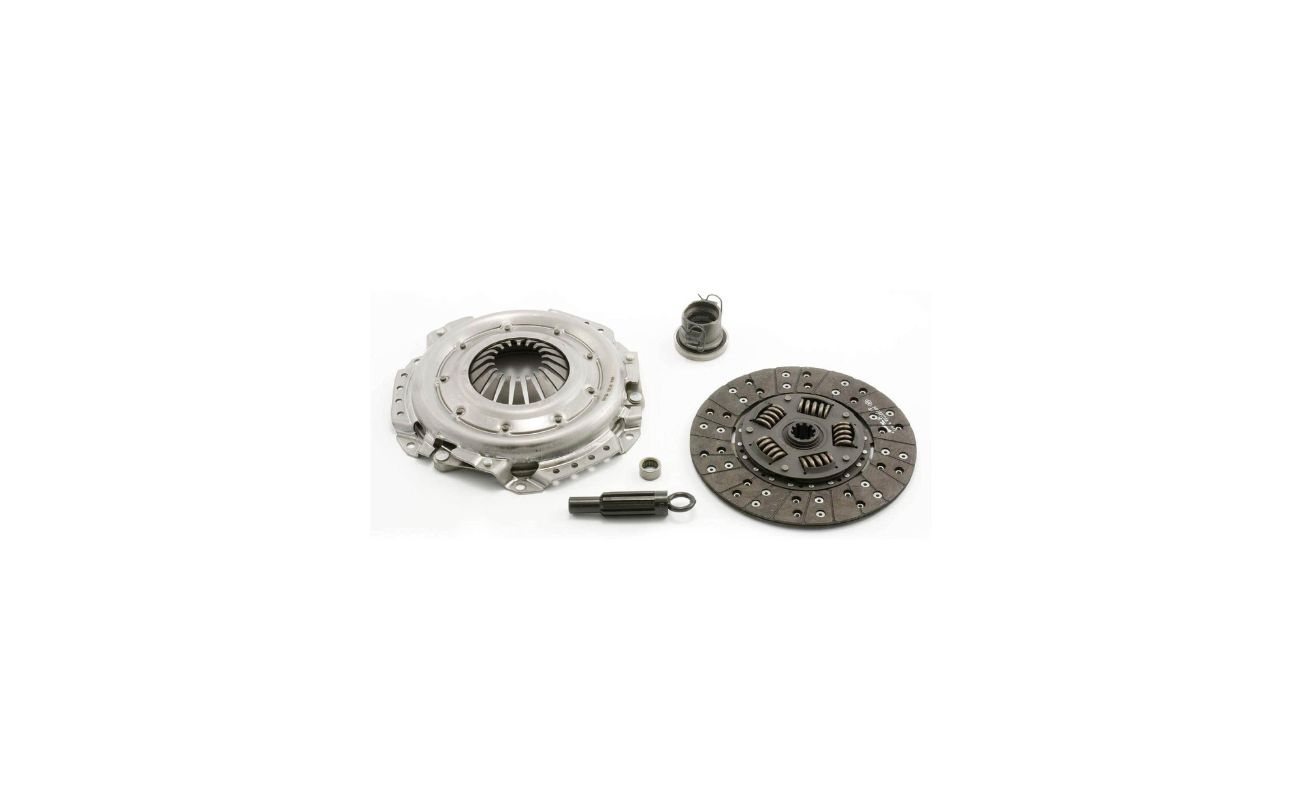

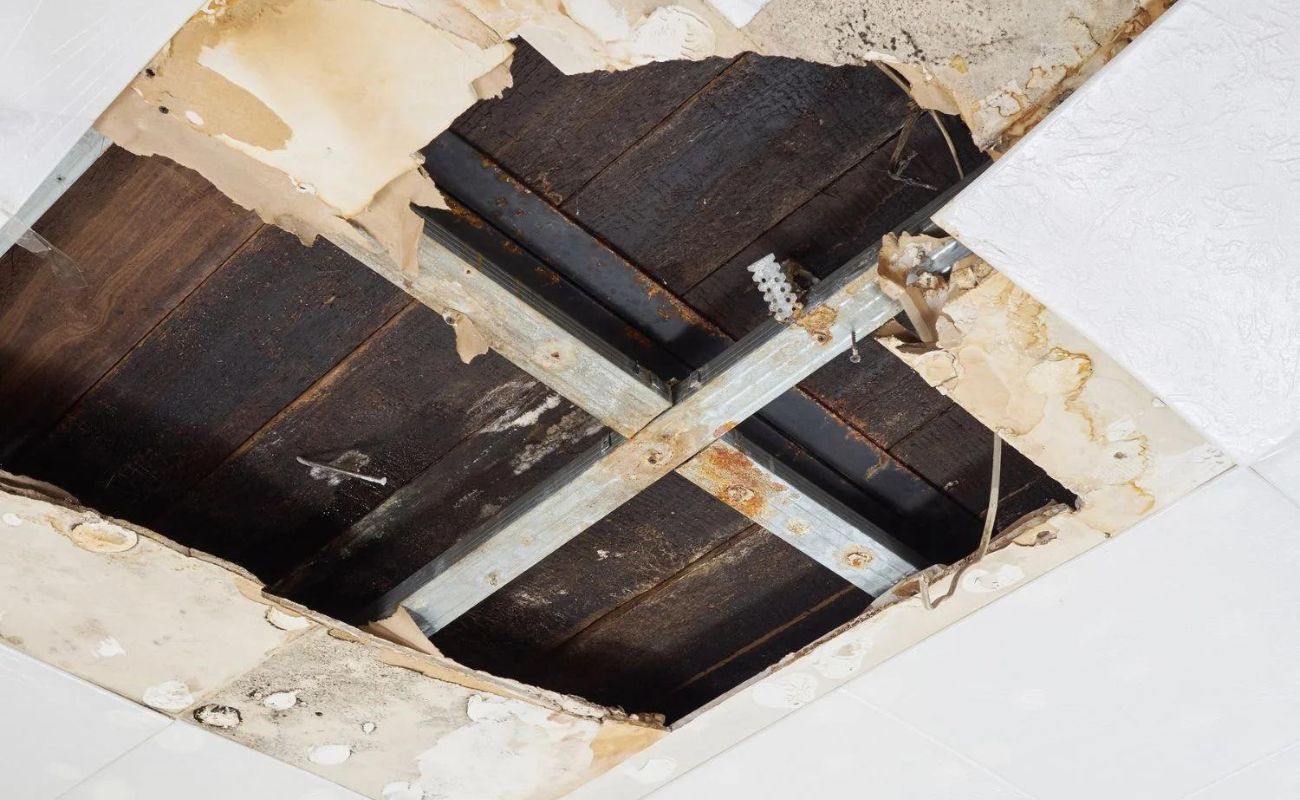
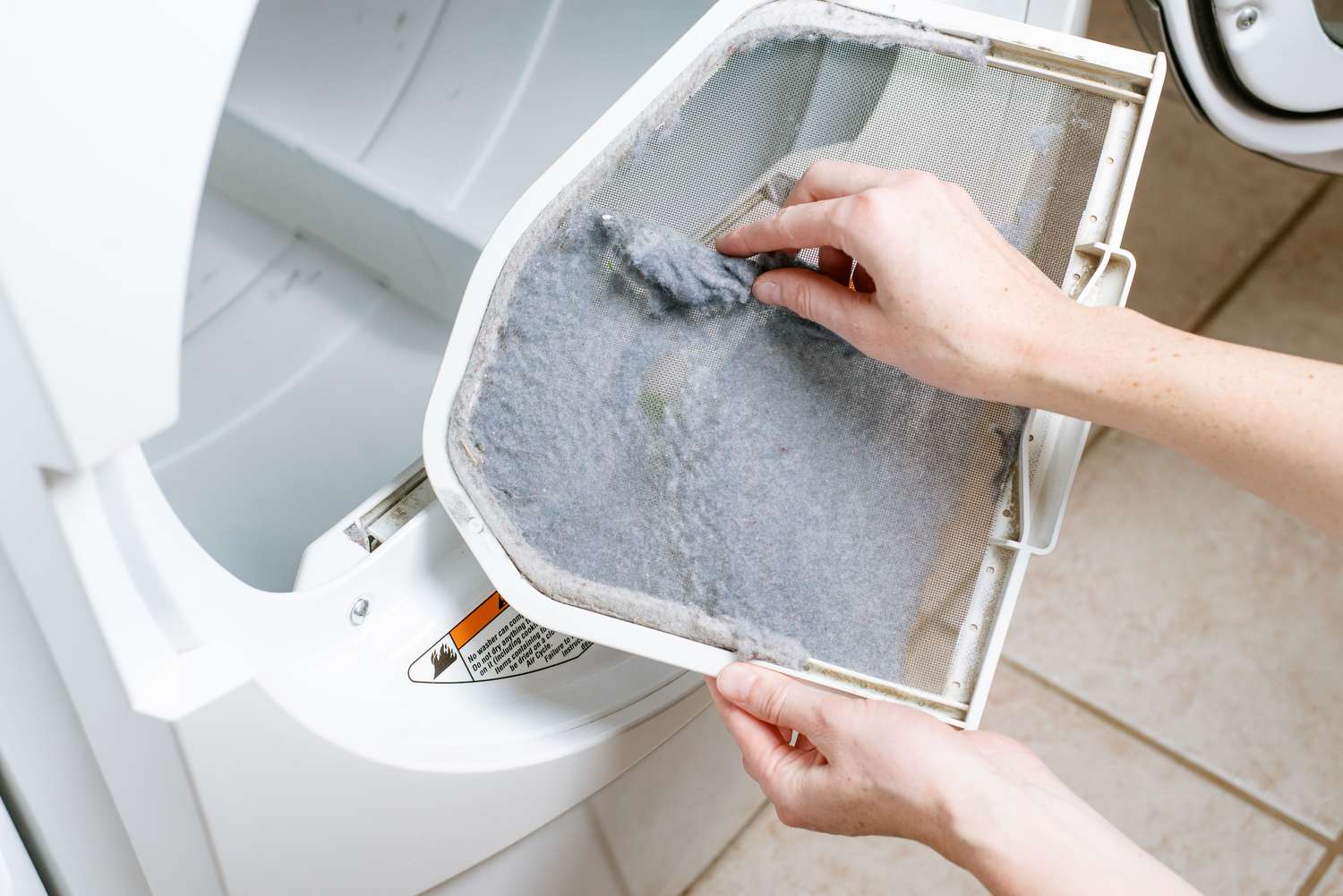

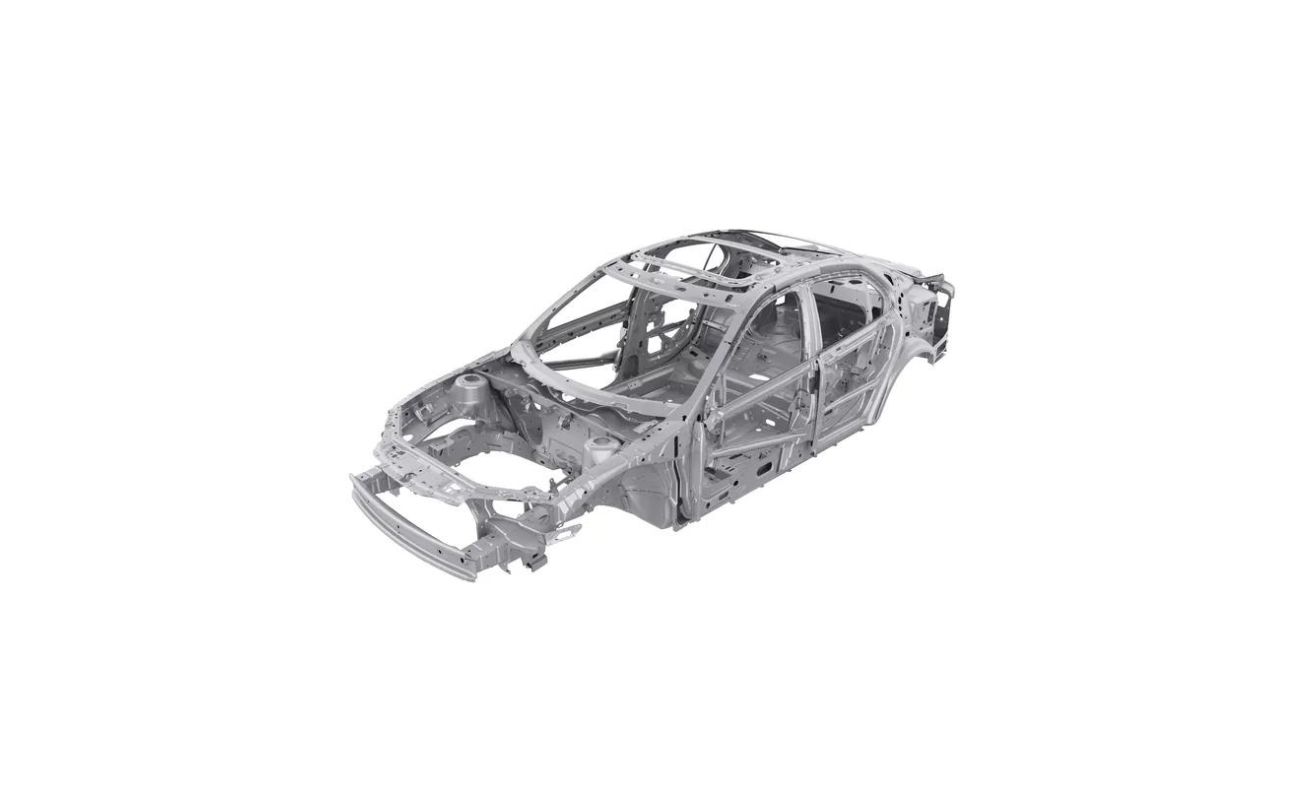

0 thoughts on “How Much Does A Home Inspection Cost In Washington State”